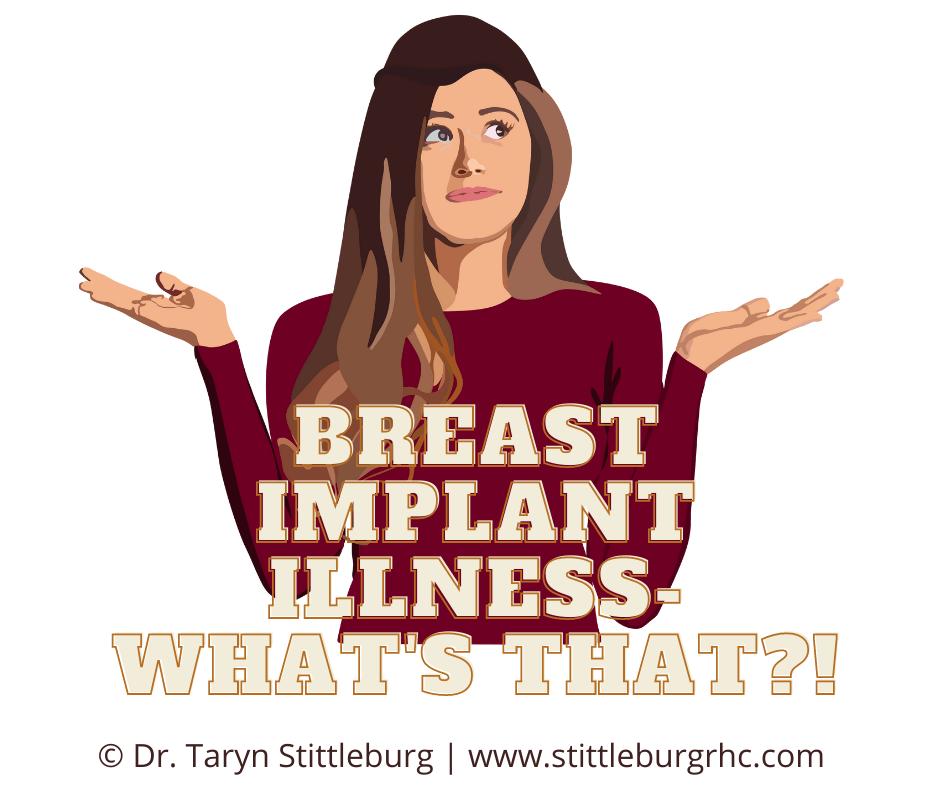Let’s Talk About Fat-Soluble Vitamins!
Let’s Talk About Fat-Soluble Vitamins!
Do you take Vitamins A, D, E, and/or K on an empty stomach!? If you do, the only thing you’re accomplishing is- expensive pee.
Most vitamins are water-soluble. However, Vitamins A, D, E and K are fat-soluble vitamins. What this means is, for absorption, there must be fat inside your stomach. And, no, excess fat on your body doesn’t count! Now when I talk about eating fat with Vitamins A, D, E and K- I don’t mean the fat off a steak. I mean good fats- nuts, coconut oil, avocados, etc.
Alright, let’s break down the purpose of these fat-soluble vitamins: And why you NEED them!
Vitamin A has four major functions in the body: “(1) It helps cells reproduce normally—a process called differentiation (cells that have not properly differentiated are more likely to undergo pre-cancerous changes). (2) It is required for vision; Vitamin A maintains healthy cells in various structures of the eye and is required for the transduction of light into nerve signals in the retina. (3) It is required for normal growth and development of the embryo and fetus, influencing genes that determine the sequential development of organs in embryonic development. (4) It may be required for normal reproductive function, with influences on the function and development of sperm, ovaries and placenta.”
My son just turned seven, Vitamin A is his favorite vitamin. Whenever I can’t find something or if I can’t see something, he tells me that I need to eat more carrots! He then takes over the search because he ‘eats a lot of carrots’.
Fun Fact:
Vitamin A plays a critical role in proper immune function, it has been used successfully to prevent and treat measles and to treat chicken pox.
“Vitamin D’s most important role is maintaining blood levels of calcium, which it accomplishes by increasing absorption of calcium from food and reducing urinary calcium loss. Both effects keep calcium in the body and therefore spare the calcium that is stored in bones. When necessary, Vitamin D transfers calcium from the bone into the bloodstream, which does not benefit bones.”
Vitamin D has very strong influence on almost every single organ system in the body and epigenetics of the body.
If you live where the air hurts your face, you need Vitamin D supplementation during the winter months.
Fun Fact:
Vitamin D malabsorption is common in Crohn’s and can lead to a deficiency. It is also needed to support healthy immune and pancreatic function. Supplementing with Vitamin D may improve blood sugar control in those with Diabetes.
“Vitamin E is an antioxidant that protects cell membranes and other fat-soluble parts of the body, such as low-density lipoprotein (LDL; cholesterol) cholesterol, from damage.” Antioxidants protect cells from the damaging effects of free radicals. Antioxidants are VITAL!
Fun Fact:
Vitamin E protects joints against oxidative damage. Supplementing with Vitamin E can help ease symptoms, including pain
“Vitamin K is needed for proper bone formation and blood clotting. In both cases, vitamin K does this by helping the body transport calcium. Vitamin K is used by doctors when treating an overdose of Warfarin. Also, doctors prescribe Vitamin K to prevent excessive bleeding in people taking Warfarin but requiring surgery.”
Fun Fact:
The malabsorption that occurs in Celiac Disease can lead to multiple nutritional deficiencies. Supplementing with Vitamin K may correct a deficiency.
Now, before you hop on Amazon or run to your local retail store to supplement some extra Vitamins A, D, E, and K into your life- not all supplements are created equal! Independent verification is an absolute must.
Please contact Stittleburg Restorative Health Care for your supplemental needs.
I hope you learned something.
Let's get back to health,
Dr. Taryn











Share On: